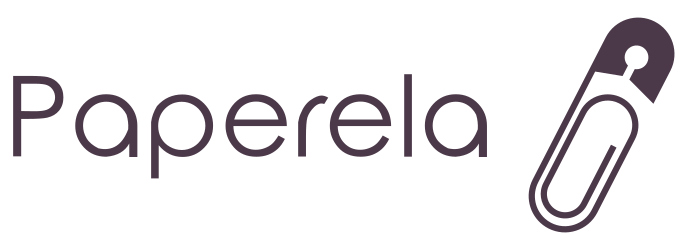
Personal Loan VS. Balance Transfer: What Is The Difference & Which One Is Better?

To consolidate your debts, you have got two main options: You can either opt for personal loans, or you can go with balance transfers. Both of these options have their own pros and cons. For instance, personal loans can be availed quickly, whereas balance transfers take a fair bit of time. Similarly, balance transfers are more secure than personal loans.
Thus, there are several positive aspects of opting for personal loans. On the other side of the aisle, things can definitely go south if you opt for personal loans too – and the same is true for balance transfers. In simple words, personal loans and balance transfers are two stand-alone ways of consolidating your debts – with each having different perks and benefits.

Karolina / Pexels / Personal loans and balance transfers are two stand-alone options to consolidate your debts.
In this article, we are going to look at the perks and benefits, differences, and pros and cons of personal debts and balance transfers.
What is the Difference Between Personal Loans and Balance Transfers?
Personal loans are conventional loans to you get instant cash and pay through either monthly or yearly installments. Of course, personal loans have interests. And the interest rate depends on your credit score. If your credit score is “good,” AKA 750+, you will get low-interest rates. On the other hand, if your credit score is low – or keeps going down during the payment of your loans, the interest rate will go up.

ROADNAE / Pexels / Unlike balance transfers, personal loans are typically and are backed by hefty interest rates.
On the other hand, balance transfers refer to the consolidation of debts by transferring funds from one or two credit cards to a new credit card. Generally, this process of ‘transferring’ funds is backed by a promotional period—a period of one to two years. So, if you continue to transfer the required amount within the given timeframe, you will not owe any interest.
Pros and Cons of Personal Loans
Here are the major pros of personal debts:
– Easy to take.
– As long as your credit score is above 750 and you pay the monthly installment, you are good.
– No hidden deductions.

Andrea / Pexels / In personal loans, your credit score plays a pivotal role, which is not the case in balance transfers.
On the other hand, here are some of the major cons of personal debts:
– Personal debts are less secure.
– Unlike balance transfers, personal loans have hefty interest rates.
– You will be charged more interest rates if your credit score is low.
Pros and Cons of Balance Transfers
Here are some of the pros of balance transfers:
– Balance transfers are more secure than personal loans.
– You get a time period of one to two years to cover the loans. During this time period, you will not owe any interest.
– Achievable and easy to consolidate your debts.
And the cons of balance transfers are:
– Balance transfers can be risky sometimes.
– Though the interest rate is low in balance transfers, you may end up paying high-interest rates if you do not meet the threshold.
More in Financial Planning
-
`
Leo DiCaprio’s Star-Studded 50th Birthday Bash
Leonardo DiCaprio’s 50th Birthday celebrations marked a significant milestone in the life of this Hollywood icon. Known for his legendary performances...
November 19, 2024 -
`
What Does Budget 2024 Mean for UK Business Owners?
In the much-anticipated Autumn Budget of 2024, UK Prime Minister Sir Keir Starmer rolled out some big changes affecting both individuals...
November 13, 2024 -
`
Hollywood Stars Who Stole the Show at the 2024 LACMA Gala
Blake Lively Stuns in Tamara Ralph Couture “It Ends With Us” star Blake Lively made a dramatic entrance at the 2024...
November 12, 2024 -
`
How Can You Leverage Higher Income Limits for Capital Gains Tax Benefits?
As tax laws evolve, understanding how to leverage higher income limits for the 0% capital gains bracket becomes essential for savvy...
November 7, 2024 -
`
Investor David Einhorn Thinks Peloton Can Be Worth Five Times More IF It Cuts Costs
David Einhorn, founder and president of Greenlight Capital, has a bold vision for Peloton. He believes the struggling fitness company could...
November 7, 2024 -
`
How Interactive Matter Maps Improve Legal Research and Planning
Interactive matter maps have transformed legal research and planning by simplifying how law firms manage complex matters. These tools help legal...
November 1, 2024 -
`
The Role of Global Mobility in Business Planning for 2025
In an era where the competition for top talent is fierce, the significance of global mobility in business planning cannot be...
November 1, 2024 -
`
Will AI Legal Advice Empower or Exclude Those in Need of Justice?
The rapid advancement of technology has introduced AI legal advice into the legal profession, creating both excitement and concern. Law firms,...
October 25, 2024 -
`
Trump vs. Harris – Who Does Hollywood Support?
As the race for the White House heats up, celebrity endorsements have become an influential force in shaping public opinion during...
October 22, 2024















You must be logged in to post a comment Login